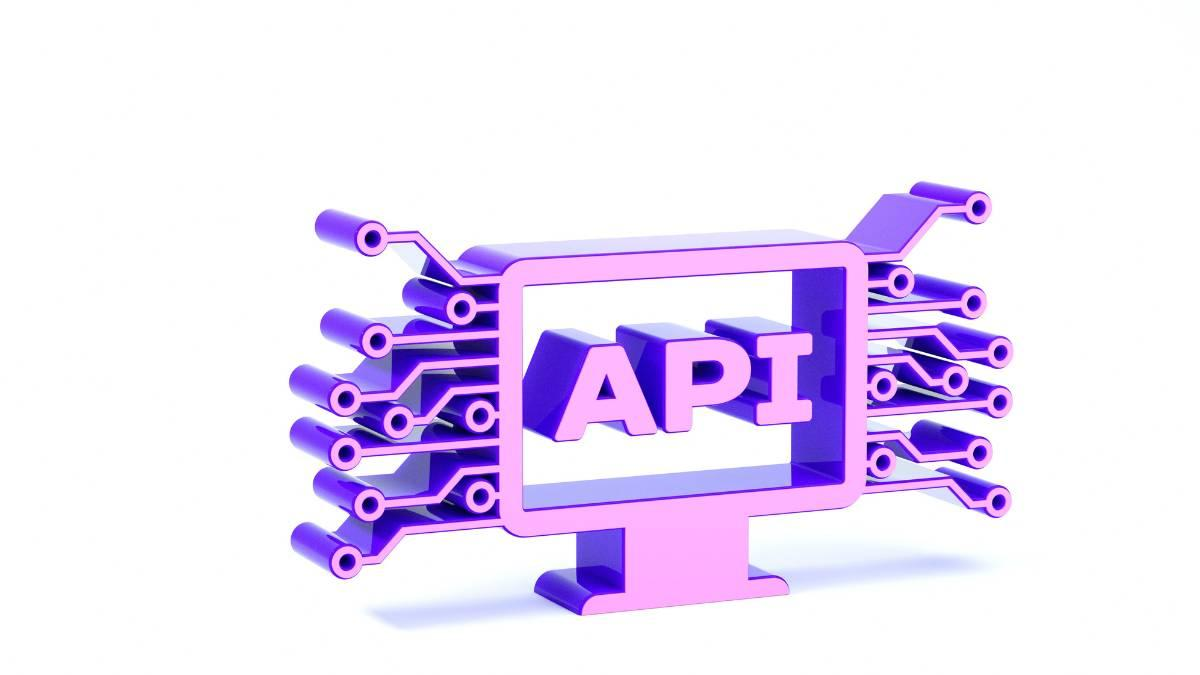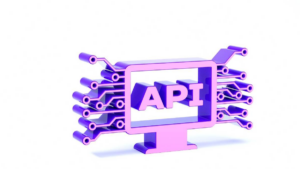Introduction to Non-Fungible Tokens (NFTs)
Non-fungible tokens (NFTs) have emerged as a groundbreaking way to own and trade digital assets in various markets such as art, music, video games, and more. Unlike cryptocurrencies like Bitcoin or Ethereum, NFTs are unique and cannot be exchanged on a one-to-one basis, making them perfect for representing ownership of distinct assets.
The Role of APIs in Expanding NFT Accessibility
Application Programming Interfaces, or APIs, play a critical role in the NFT ecosystem by enabling software to interact seamlessly with blockchain technologies. An effective API simplifies complex blockchain interactions, making it easier for companies to develop applications that create, sell, and manage NFTs without deep blockchain expertise. This is essential for driving broader adoption and integration of NFTs across different industries.
Streamlining Enterprise Integration of NFTs
For businesses looking to enter the NFT space, the biggest challenge often lies in the integration of NFT technology with existing IT systems. A well-designed API can facilitate this integration by offering straightforward methods to tokenize digital assets and handle transactions, like the one Original offers. This not only minimizes the learning curve but also reduces development time and costs, effectively enabling businesses to leverage blockchain benefits without needing specialized knowledge.
- Tokenization of assets: Transforming digital or physical assets into NFTs, allowing for easier management and trading on the blockchain.
- Transaction processing: Managing buy, sell, and transfer operations smoothly within apps for a better user experience.
Examples of NFT Successes in Various Industries
Prominent figures like Floyd Mayweather Jr. and Lindsay Lohan have ventured into NFTs, broadening their market reach and engaging with fans in innovative ways. Similarly, businesses can employ NFTs to enhance customer interaction, loyalty, and revenue streams through exclusive content, collectibles, or experiences tied to specific NFTs.

Art Industry Transformation
The art sector has particularly benefited from NFTs, as artists find new ways to monetize their work and gain control over their copyrights. NFT platforms enable artists to sell their creations directly to consumers worldwide, bypassing traditional intermediaries like galleries.
Video and Entertainment Advancements
In entertainment, APIs that support NFT functionality allow creators to tokenize videos, music tracks, or entire albums. Fans can purchase these NFTs, gaining ownership of unique content along with special perks, fostering a stronger creator-audience connection.
Empowering Developers and Creators Through User-Friendly Tools
By developing accessible APIs, companies not only benefit established enterprises but also empower individual developers and creators. These tools provide the foundation necessary for anyone interested in exploring NFTs to easily build and deploy NFT-related projects without significant upfront investment.
Unity and Integration Ease
An example is the seamless integration with popular development platforms like Unity, where game developers can incorporate NFT assets directly into games and virtual environments. This opens up countless possibilities for interactive and immersive digital experiences powered by NFT technology.
Driving Innovation and New Revenue Streams
APIs that simplify the use of NFTs are catalysts for innovation within companies. By converting digital assets into tradable NFTs, organizations can unlock new revenue models. For instance, selling limited edition digital items or securing digital content rights increases both profitability and brand engagement.
Reinforcing Customer Relationships
A direct application of NFTs facilitated by APIs is in enhancing customer relationships. Companies can issue loyalty rewards as NFTs, creating more engaging and long-lasting ties with customers. This not only incentivizes repeat business but also introduces customers to the benefits of blockchain technology.
Ongoing Support and Community Building
Beyond the technical offerings, firms specializing in NFT APIs focus on building supportive communities around their products. They provide resources, documentation, and real-time assistance to users at all levels, ensuring that every participant can make the most out of the revolutionary potential of NFTs.
Operating not just as a technology provider but as a partner, these companies are instrumental in shaping how businesses and individuals perceive and interact with the world of digital assets. By removing barriers and simplifying transactions, they play a crucial role in mainstreaming the use of blockchain and NFTs across sectors.
This continued evolution of NFT usage through robust and agile APIs marks a pivotal moment in how we interact with technology, empowering a wave of creators, entrepreneurs, and innovators to redefine the digital landscape.








